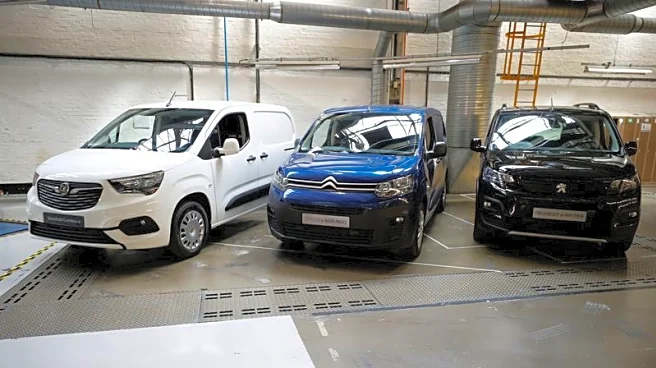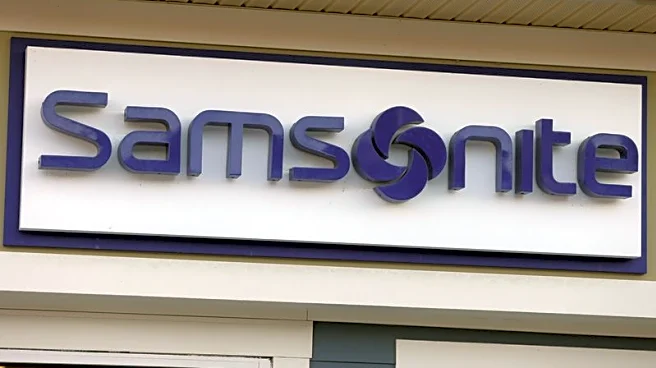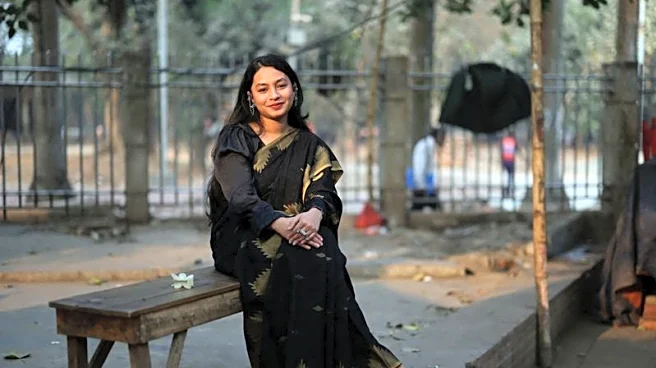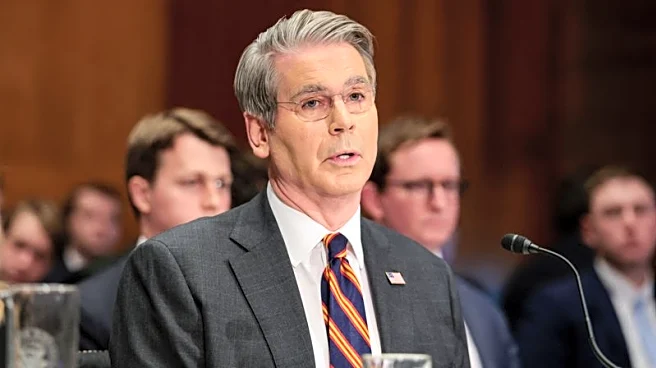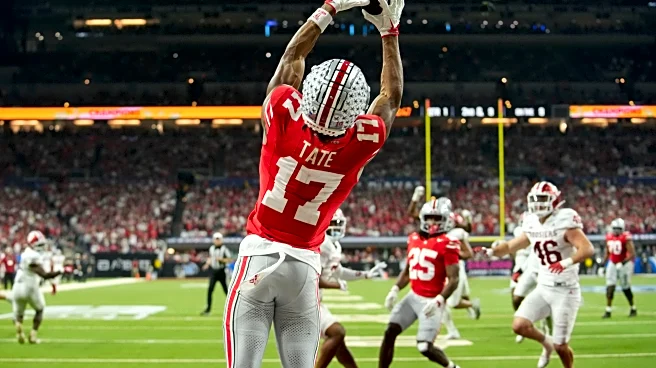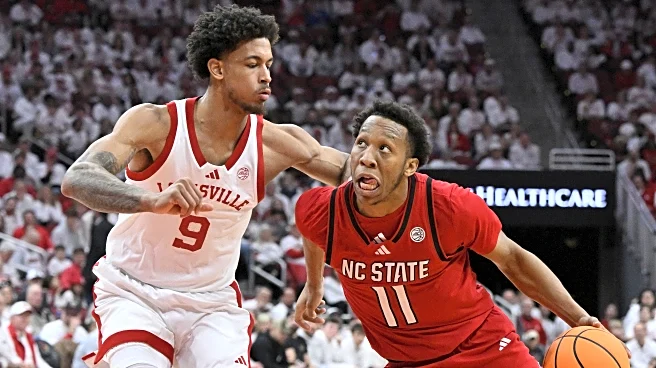(Reuters) -U.S. President Donald Trump said the U.S. would charge a 15% tariff on imports from South Korea, one of a number of such measures announced in the run-up to his August 1 deadline to impose such levies.
He also signed an executive order imposing a 40% tariff on Brazilian exports, bringing the country's total tariff amount to 50%, but with a number of notable exemptions.
He has also threatened to impose a 25% tariff on goods imported from India starting on August 1.
Following are key developments:
SOUTH KOREA:
Trump said the U.S. will charge a 15% tariff on imports from South Korea, including autos, as part of a trade deal.
He also said South Korea would accept American products, including autos and agriculture into its markets and impose no import duties on them.
The U.S. agreed that South Korean firms would not be put at a disadvantage compared with other countries over upcoming tariffs on chips and pharmaceutical products, while retaining 50% tariffs on steel and aluminium.
INVESTMENTS:
Trump said South Korea would invest $350 billion in the United States in projects "owned and controlled by the United States" and selected by Trump.
South Korea said $150 billion has been earmarked for shipbuilding cooperation, while investments in chips, batteries, biotechnology and nuclear energy cooperation accounted for the remaining $200 billion.
Trump said South Korea would purchase $100 billion worth of liquefied natural gas or other energy products, which the Asian country said would mean a slight shift in energy imports from the Middle East in the next four years.
BRAZIL:
Trump slapped a 50% tariff on most Brazilian goods to fight what he has called a "witch hunt" against former President Jair Bolsonaro, but softened the blow by excluding sectors such as aircraft, energy and orange juice from heavier levies.
The new tariffs are due to take effect on August 6 in the case of Brazil.
General exemptions also apply to donations intended to relieve human suffering such as food, clothing, medicine, as well as publications, films, music and artworks.
INDIA:
Trump said on Wednesday the United States is still negotiating with India on trade after announcing earlier in the day the U.S. would impose a 25% tariff on goods imported from the country starting on Friday.
India has resisted U.S. demands to open its agricultural and dairy markets, saying such moves would hurt millions of poor farmers. New Delhi has historically excluded agriculture from free trade pacts to protect domestic livelihoods.
According to a White House fact sheet, India imposes an average MFN (Most Favoured Nation) tariff of 39% on imported farm goods, compared to 5% in the U.S., with some duties as high as 50%.
Washington is pushing for better access to India's markets for agriculture, ethanol, dairy, alcoholic beverages, autos, pharmaceuticals, and medical devices.
(Reporting by Reuters bureauxCompiled by Keith WeirEditing by Ros Russell)




